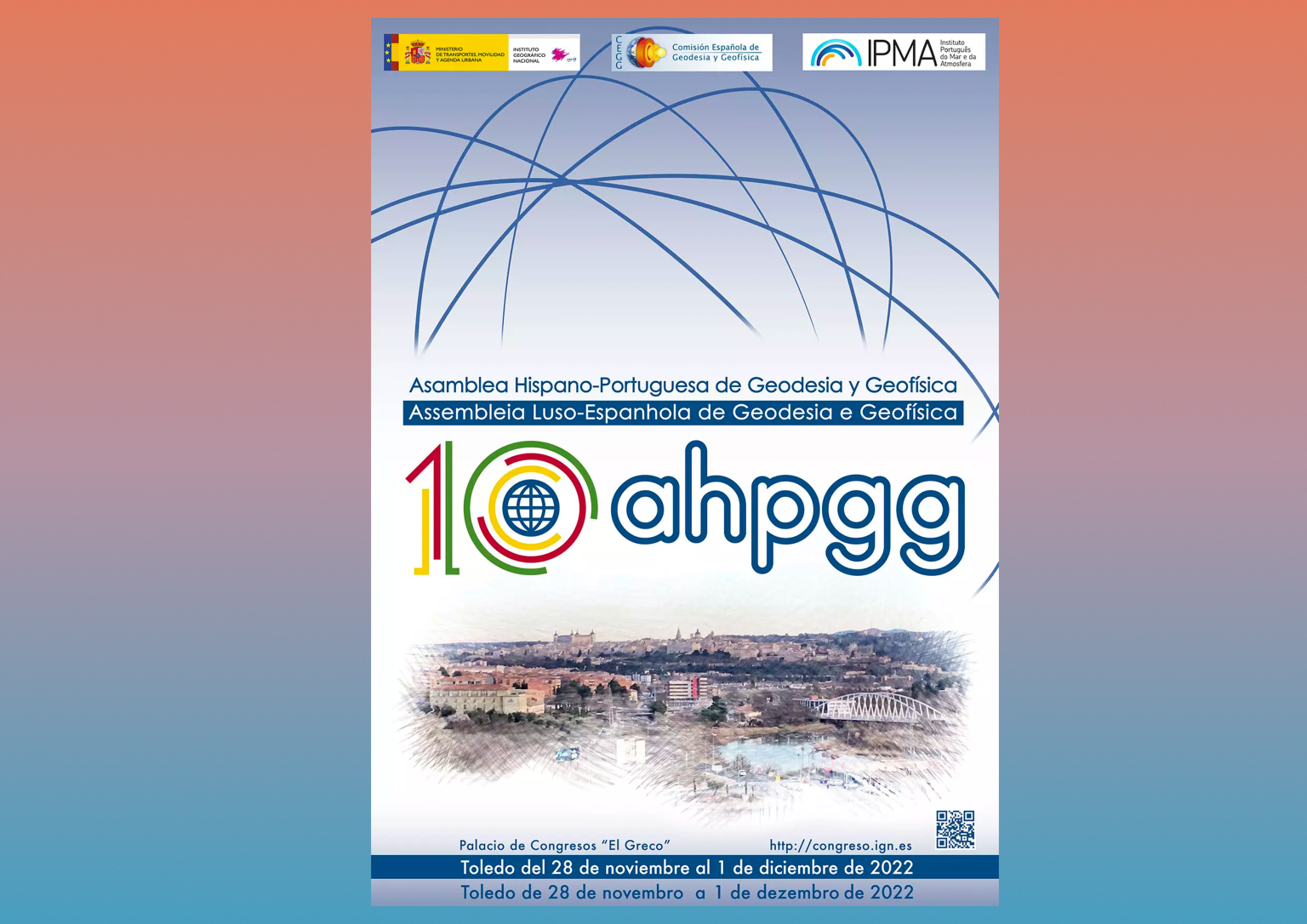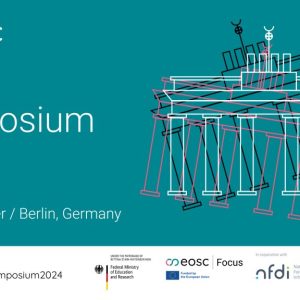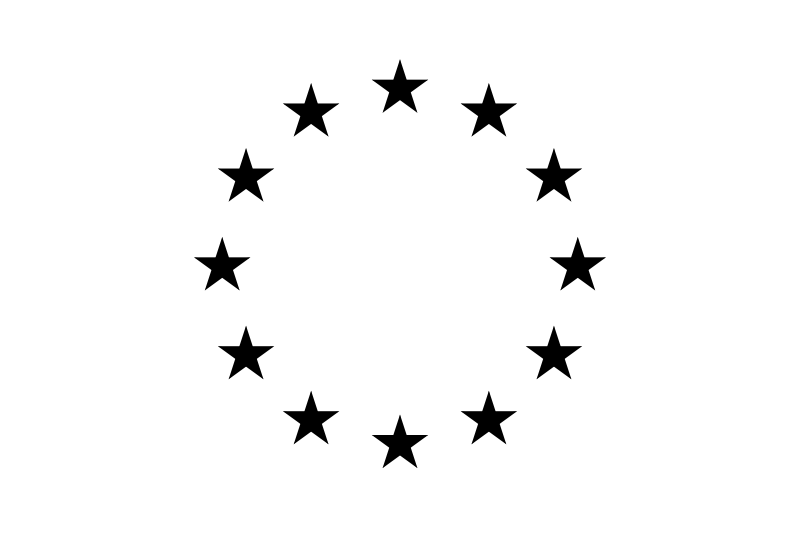CSIC researcher Ramon Carbonell presented “Simulating the extreme behaviour of the Earth system components: a Digital Twin Approach (DTGEO)”, in the 10th Spanish-Portuguese Assembly of Geodesy and Geophysics that took place at the Palacio de Congresos «El Greco» in Toledo (Spain).
Abstract:
Today, the large volumes of near real-time data streams and data-lakes, and the sophisticated level of computational capabilities offered by current pre-exascale infrastructures, enable the possibility of developing numerical clones mimicking extreme behaviour of the Earth system components (atmosphere, ocean, land, lithosphere). DT-GEO, an EU project funded under the Horizon Europe programme (2022-2025), aims at developing a prototype for a digital twin on geophysical extremes including earthquakes, volcanoes, tsunamis, and anthropogenic-induced extreme events. The twin will enable analyses, forecasts, and responses to what if scenarios for natural hazards from their genesis phases and across their temporal and spatial scales. The project consortium harnesses world-class computational and data Research Infrastructures (RIs), operational monitoring networks, and leading-edge research and academia partnerships in various fields of geophysics. DT-GEO will merge and assemble latest developments from other European projects and EuroHPC Centers of Excellence (CoEs) to deploy 12 Digital Twin Components (DTCs), intended as self-contained entities embedding flagship simulation codes, Artificial Intelligence (AI) layers, large volumes of (real-time) data streams from and into data-lakes, data assimilation methodologies, and overarching workflows for deployment and execution of single or coupled DTCs in centralised HPC and virtual cloud computing Research Infrastructures (RIs).
Access the complete presentation: https://www.ign.es/web/resources/acercaDe/libDigPub/X-AHPGG-articulos.pdf




